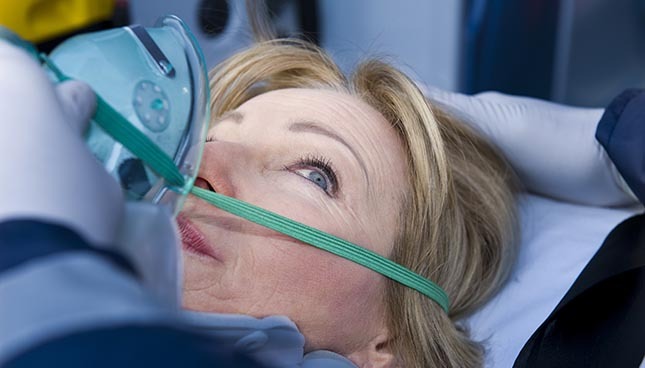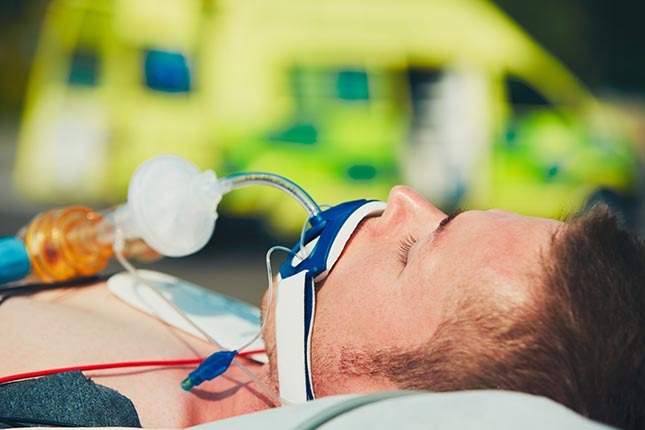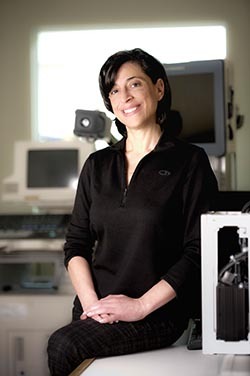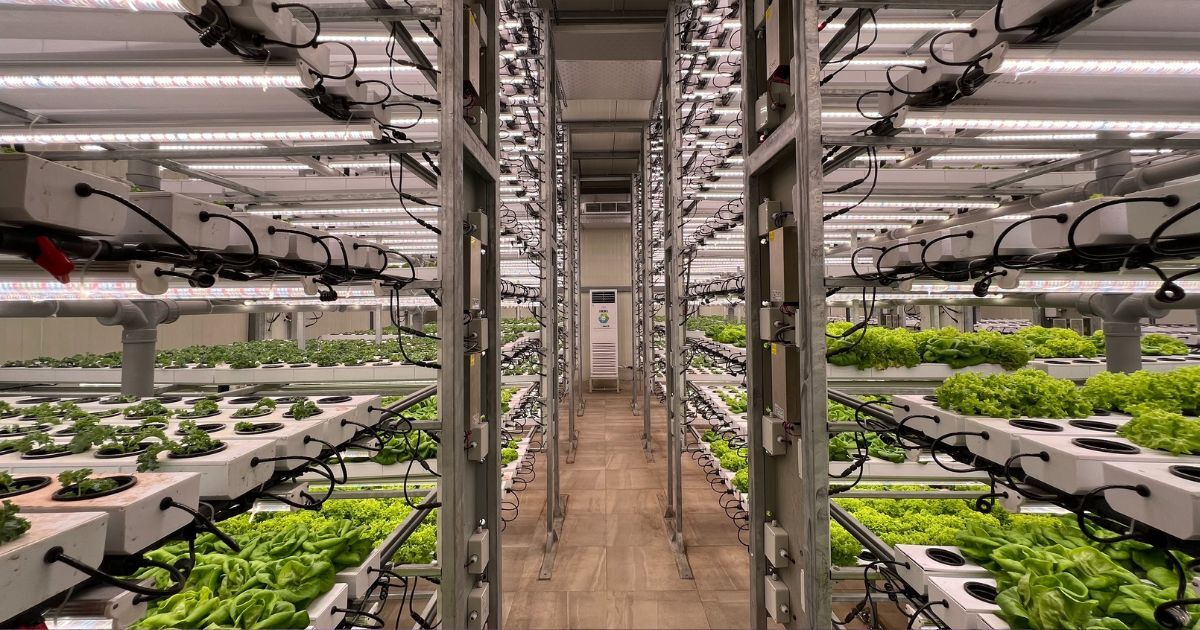Artificial Intelligence Assisting Medical Diagnosis

When transporting people to hospitals, every minute counts. Ambulance attendants or health care professionals who provide services during air transportation sometimes need to consult with a physician during transport to ensure the most appropriate care in the timeliest manner. To do this, they only have radio communication, often via a third party. Rita Noumeir, professor in the Electrical Engineering Department at the École de technologie supérieure (ÉTS), came up with the idea of implementing a system that will allow doctors to access compressed images and videos during patient transport. And there is more. Instead of simply providing images and videos, Noumeir wants to develop tools to aid with medical diagnosis using artificial intelligence.
Artificial Intelligence
In order for an intelligent system comprised of neural network architecture to learn, it is necessary to feed it with a lot of data and to present it with the expected result for each input. Each time, the system will adjust its internal parameters in order to give the presented result as output. Once the learning process is complete, new data can be presented to the system and it can provide a response on its own. Because medical data are numerous and complex to analyze, this intelligent technology is ideal in assisting with diagnosis.
An actual example of diagnostic assistance provided by artificial intelligence is the assessment of a patient’s state of consciousness. When a patient is non-verbal, as is the case with young children, it is more difficult to assess the state of consciousness. The assessment is based on the patient’s eyesight and consistency of arm movements. An artificial intelligence system could determine the level of consciousness of a patient by analyzing the images captured by camera.

Facilitated Admission to Intensive Care
Currently, the data obtained during hospital transportation are not included in the patient record; the medical history of transportation is simply lost. The images and videos captured during transportation would be useful in establishing patient treatment in intensive care and facilitating transition to the hospital.
Thereafter, diagnostic assistance would also be useful in administering certain types of care, such as respirator control. Indeed, while physicians follow some general principles in determining the oxygen pressure to be administered to a patient, they basically rely on their knowledge and experience. They need to consider many parameters, including blood oxygen levels, resulting in a complex process. For each change made, they must wait for about ten minutes (the time required for the parameters to stabilize) to validate their approach. An artificial intelligence system could use the many recorded data to help physicians.
Preventing Suicide in People Placed in Isolation
 Another of Professor Noumeir’s projects is to develop a system that would detect people in isolation (prison or hospital) who are about to commit suicide. This system, based on images captured by a camera, will trigger an alarm when certain movements are made, for example an object placed around the neck.
Another of Professor Noumeir’s projects is to develop a system that would detect people in isolation (prison or hospital) who are about to commit suicide. This system, based on images captured by a camera, will trigger an alarm when certain movements are made, for example an object placed around the neck.
Additional Information
Professor Noumeir is looking for students. If you are interested in these research projects and wish to obtain more information, please contact Professor Noumeir directly. Please note that Professor Noumeir’s students must spend a certain amount of time at the Sainte-Justine Hospital in order become familiar with the hospital environment.


